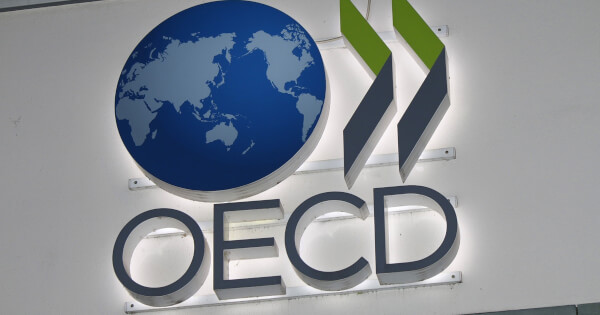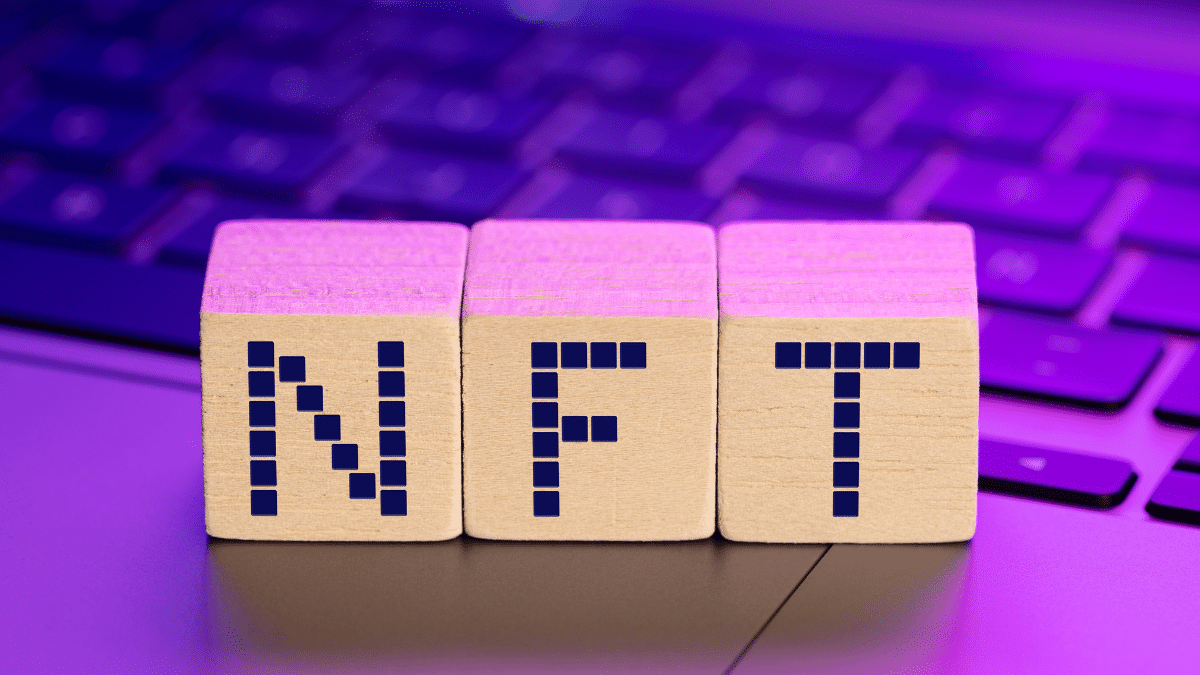Sean Patrick Maloney’s OECD role in crypto advisory background

Sean Patrick Maloney marks a pivotal moment in cryptocurrency regulation as he faces scrutiny for potential conflicts in his role as ambassador to the OECD after serving in the U.S. House of Representatives and on the Coinbase advisory board.
Former Congressman Sean Patrick Maloney, known for his service in the U.S. Congress and his recent role as an advisor to Coinbase, has been nominated by President Biden as U.S. Ambassador to the Organization for Economic Co-operation and Development (OECD). The appointment comes at a time when the OECD is deeply involved in creating a regulatory framework for the burgeoning cryptocurrency market, positioning Maloney at the convergence of politics, diplomacy and digital finance.
Maloney’s relationship with Coinbase began shortly before his nomination, when the cryptocurrency exchange announced the formation of a global advisory board to navigate the complex landscape of cryptocurrency regulation and foster strategic relationships globally. Along with Maloney, the committee includes notable figures such as former Senator Patrick Toomey and former Representative Tim Ryan, highlighting the cryptocurrency industry’s efforts to increase its influence in regulatory discussions.
The OECD, a Paris-based think tank funded by member countries, plays an important role in promoting economic cooperation and effective regulation across the global economy. As the United States contributes significantly to the budget, the appointment of a U.S. ambassador to the OECD has a significant impact on the direction and priorities of the OECD. Maloney’s nomination raised concerns about a potential conflict of interest given his direct involvement in an industry that the OECD is actively seeking to regulate.
Throughout his political career, Maloney has received significant support from cryptocurrency companies, including a donation from Sam Bankman-Fried, the former CEO of FTX. This financial support of the cryptocurrency sector and his legislative efforts favoring a more industry-friendly regulatory approach highlight the complexity of his new role. His position at the OECD could impact the organization’s ability to fairly shape policies governing global cryptocurrency markets, especially given the industry’s history of seeking more lenient regulatory oversight.
While Maloney awaits Senate confirmation, both the cryptocurrency industry and regulators are watching closely. His appointment could mark a pivotal moment for the future of cryptocurrency regulation, balancing innovation, market freedom, and the need for comprehensive oversight to protect investors and the broader financial system.
Image source: Shutterstock



